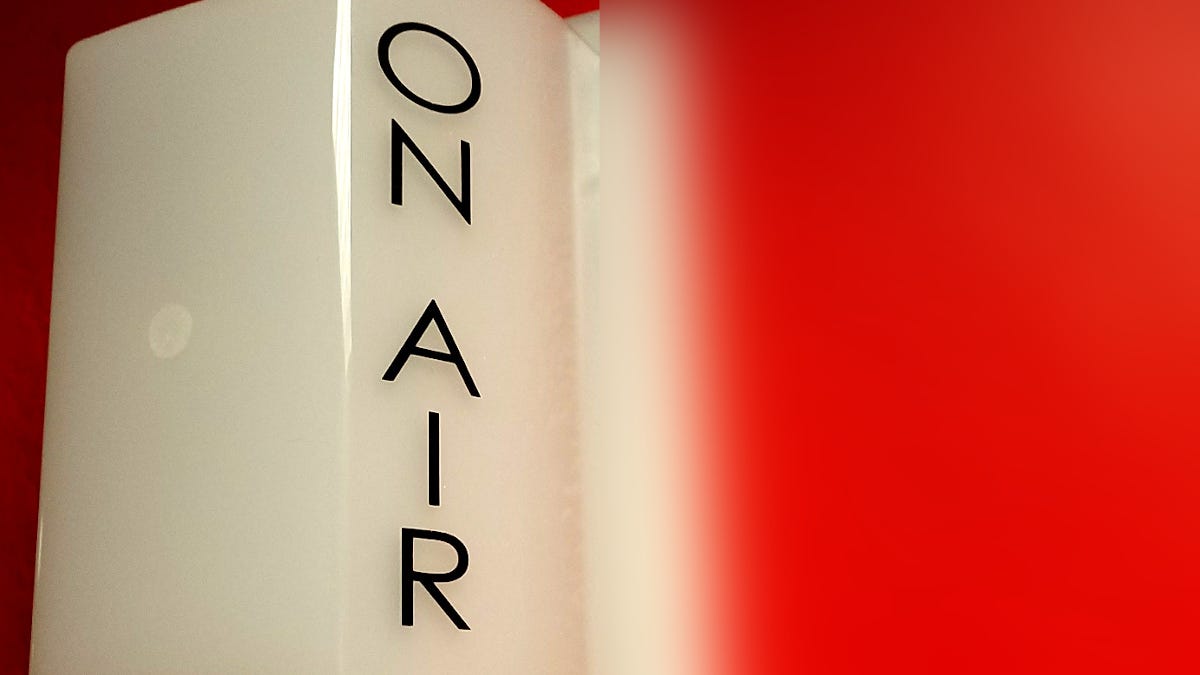This sounds foreign
On good renters, service to the public interest, and the case against raising limits on foreign ownership of US broadcasters
In general, society is advanced by the maximum practical free movement of goods, money, people, and ideas. But exceptions sometimes prove the rule, and there are good reasons to hold reservations about a request by Alpha Media, a broadcasting company that operates more than 200 radio stations, placed with the FCC.
■ Alpha Media has asked the FCC to permit the company to exceed a 25% limit on foreign ownership -- seeking "authorization for up to 100% aggregate foreign voting and equity investment".
■ It's important to note from the outset that radio stations don't "own" the airwaves; they borrow them from the public. They are issued licenses by the Federal government which dictate the terms of use, and those licenses are procured through an auction process.
■ A lot can be debated about what those airwaves are worth, how their use should be regulated, and what people and firms should get to do with them. Those values change over time -- see, for instance, the reclamation of analog TV spectrum, which was done to repurpose those frequencies for uses like mobile phones.
■ But, in a qualitatively different sense than who owns a Burger King franchise or who owns a shop that performs oil changes, the character of a broadcaster matters. On one level, it matters in the same way an apartment landlord cares whether a renter is going to pay the rent on time, keep the noise down, and clean up when the lease runs out. The FCC has a vested interest in keeping good tenants on behalf of the spectrum space it owns on behalf of the people.
■ A broadcast licensee who can't stay on frequency, who fails to keep the right records, and who can't keep the lights on can affect all of the other "renters" on the spectrum, too. Nobody wants a bad neighbor.
■ But a broadcast licensee's character also matters in the sense that over-the-air radio and television stations still have a direct and immediate relationship with the public, in a country where the government doesn't (and shouldn't) have prior restraint on content. Licensees are trusted to do the right thing without instantaneous and constant supervision.
■ Sound judgment, civic responsibility, and accountability all matter when issuing broadcast licenses -- and there is sufficient reason to criticize lots of domestic broadcasters just on these measures. Plenty of broadcasters already fall short of serving the "public interest, convenience, and necessity", as the law requires them to do. Opening up to overseas ownership of licensees would only strain that already over-stretched accountability even more.



